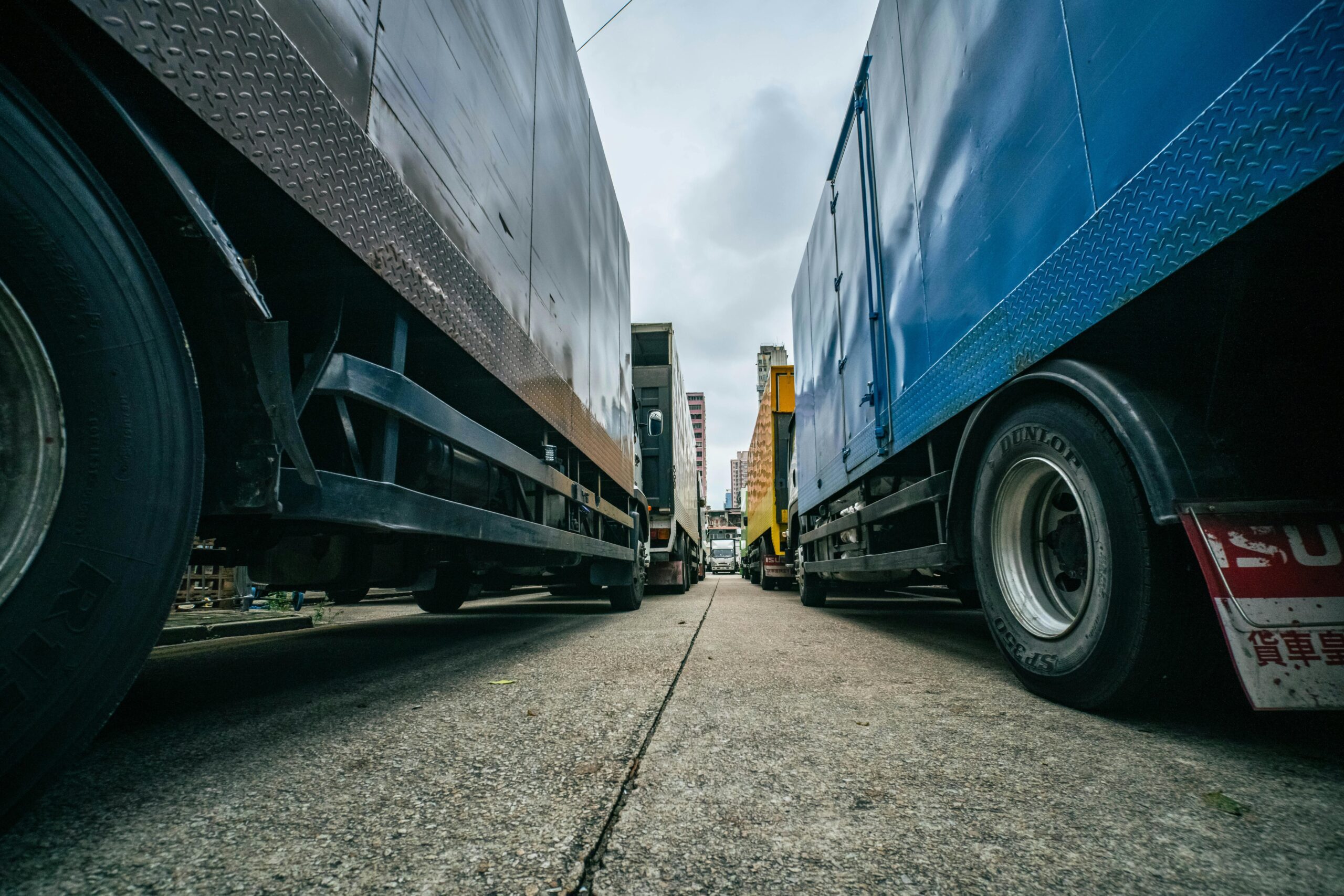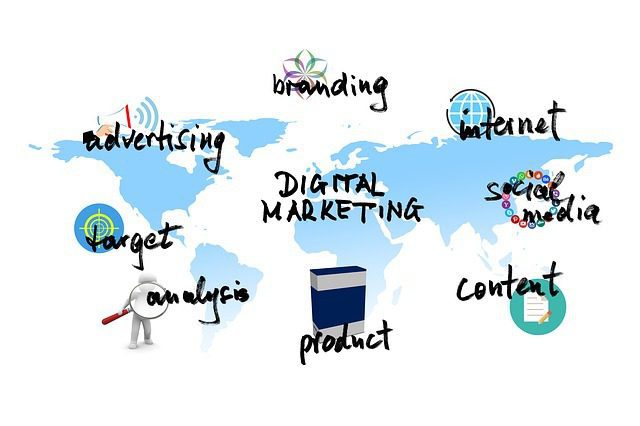
Source: pexels.com
The transportation industry shows a significant surge in technological advancements, reshaping how logistics move goods across vast distances. This booming era of innovation leads to efficiency, safety, and sustainability within the trucking sector.
From autonomous vehicles to predictive analytics, technology is a major driving force behind the industry’s evolution, promising to transform traditional logistics practices and enhance supply chain management. In this article, you’ll learn more about the significance of technology in trucking and the emerging trends that shape the industry.
Benefits of Using Technology in the Trucking Industry
The rapid advancement of technology in the trucking industry presents many opportunities for stakeholders to enhance efficiency, safety, and sustainability while driving bottom-line results.
By embracing emerging trends and adopting innovative solutions, companies in the trucking sector can gain a competitive edge, streamline operations, and deliver superior service to customers.
Before diving into the different innovations in this sector, here are some advantages brought by technology:
- Increased efficiency – Automation and digitization streamline processes, reducing manual errors and optimizing resource allocation. With faster turnaround times, employees are more productive, and customers are happier.
- Enhanced safety – Whether it’s collision avoidance systems, lane departure warnings, or fatigue monitoring technologies, these safety features help mitigate risks and prevent accidents. They ensure the well-being of drivers and other road users.
- Improved sustainability – Innovations in fuel efficiency, route optimization, and alternative energy sources contribute to reducing carbon emissions and minimizing environmental impact, aligning with sustainability goals and regulatory requirements.
- Enriched data insights – Analytics platforms leverage data collected from vehicles, sensors, and supply chain systems to provide actionable insights into key areas. These include performance, trends, and points for improvement, enabling informed decision-making and strategic planning.
- Better customer experience – Digital applications and real-time tracking tools give customers visibility and transparency throughout shipping. This fosters trust and loyalty while enabling proactive communication and issue resolution.
Emerging Technologies and Innovations in the Trucking Industry
There’s a wave of transformative technologies driving progress within the sector. This section shows the forefront of these advancements, exploring how they revolutionize trucking operations and reshape the future of freight transportation.
1. Autonomous trucks
Autonomous driving technology holds immense potential to upgrade the trucking industry. Companies can significantly reduce labor costs while enhancing road safety by minimizing the need for human drivers on long-haul routes. Autonomous driving systems operate with heightened precision and attention, reducing the risks associated with driver fatigue, distraction, and human error.
Moreover, autonomous trucks can optimize fleet operations in ways previously unimaginable. Advanced sensors, cameras, and artificial intelligence algorithms enable these vehicles to navigate complex roadways, adapt to traffic conditions, and make split-second decisions with unparalleled accuracy.
By maximizing fuel efficiency, minimizing downtime, and optimizing route planning, autonomous trucks can enhance logistics operations via faster deliveries, reduced emissions, and lower transportation costs. Tesla, Waymo, and Daimler are pioneering companies in developing and testing self-driving trucks capable of autonomously navigating highways and urban environments.
2. Artificial intelligence (AI)
AI-powered solutions transform trucking operations, from predictive maintenance and route optimization to demand forecasting and risk management. Furthermore, machine learning algorithms analyze vast datasets to identify patterns, predict outcomes, and optimize decision-making processes. These drive operational efficiency and cost savings.
3. Predictive analytics
Predictive analytics platforms leverage historical data, machine learning algorithms, and real-time inputs to anticipate equipment failures, identify maintenance needs, or optimize fleet utilization. Trucking businesses may save downtime and lower maintenance costs for improved reliability by proactively addressing possible concerns.
4. Digital apps and platforms
Mobile applications and digital platforms facilitate seamless communication, collaboration, and transaction management between drivers, dispatchers, and customers. Features such as load matching, electronic logging, and electronic proof of delivery streamline workflows. They also improve visibility and enhance operational efficiency.
5. Sustainability trends
As environmental awareness becomes more important, the trucking industry increasingly embraces sustainable practices. It taps into technologies to reduce carbon emissions and minimize fuel consumption, mitigating the industry’s environmental impact.
Electric trucks powered by rechargeable batteries or hydrogen fuel cells offer zero-emission transportation solutions, decreasing reliance on fossil fuels and minimizing carbon emissions. These vehicles also have lower operating costs, reduced maintenance requirements, and quieter operation than traditional diesel-powered vehicles.
Additionally, advancements in battery technology and infrastructure development address challenges in range limitations and charging accessibility, making electric trucks increasingly viable for long-haul and urban delivery applications. Meanwhile, alternative fuels like natural gas and biodiesel offer cleaner-burning alternatives, reducing greenhouse gas emissions and air pollutants.
6. Blockchain and supply chain management
Blockchain technology offers enhanced transparency, security, and efficiency in tracking goods and managing transactions across complex logistics networks. Blockchain enables secure and immutable record-keeping by leveraging decentralized ledgers and cryptographic protocols. This eliminates the need for intermediaries and lessens the risk of fraud, errors, and data tampering.
Blockchain applications also touch on various aspects of supply chain management, such as freight tracking, contract management, payment processing, and regulatory compliance. Smart contracts, powered by blockchain technology, automate contract execution and payment settlement based on predefined conditions, streamlining operations and reducing administrative overhead.
In addition, blockchain facilitates end-to-end visibility and traceability of goods throughout the supply chain. This feature enables real-time monitoring of shipments, verification of product authenticity, and identification of potential bottlenecks or inefficiencies.
Harnessing Technology in Trucking
One thing remains clear as the trucking industry evolves: technology is driving the way forward. Many emerging technologies are reshaping logistics and developing different types of vehicles catering to diverse business needs. With technology at the forefront, companies can streamline processes, optimize resources, and deliver superior customer service.
If you’re considering entering the trucking industry or embarking on ventures related to transportation and logistics, embracing technology is the key. You can enjoy a competitive advantage by leveraging the latest advancements in autonomous driving, data analytics, and digital platforms.
Looking ahead, the prominence of technology in the trucking industry will only continue to grow. As you utilize innovation, you let technology propel your trucking venture toward new heights of success.








